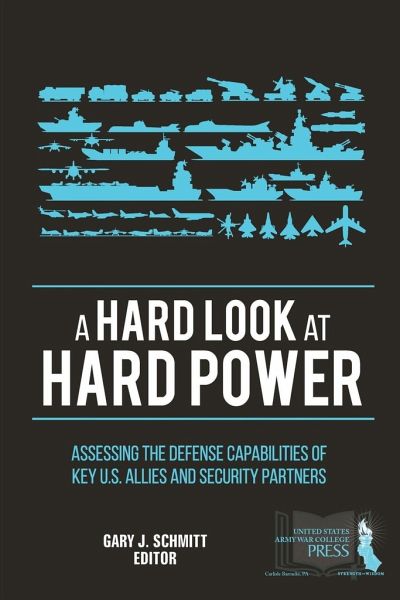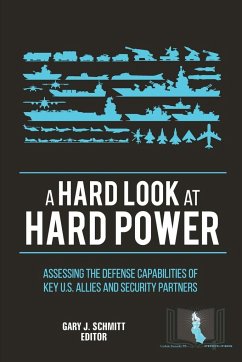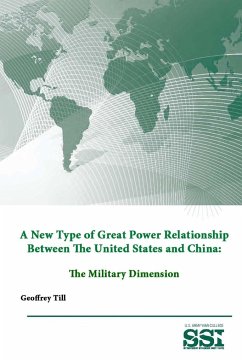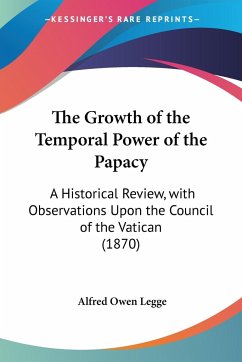
A Hard Look at Hard Power
Assessing The Defense Capabilities of Key U.S. Allies and Security Partners
Versandkostenfrei!
Versandfertig in 1-2 Wochen
30,99 €
inkl. MwSt.

PAYBACK Punkte
15 °P sammeln!
Since the end of World War II, the United States has made maintaining a favorable balance of power in Eurasia a core element of its national security strategy. It did so in good measure by maintaining a large conventional military force that was based not only at home, but also in bases spread across Europe and Asia. That strategy was buttressed by developing security ties and alliances with key powers and front-line states. The implicit bargain was that the United States would help keep the peace on their door front if they would provide access from which American forces could operate and, in...
Since the end of World War II, the United States has made maintaining a favorable balance of power in Eurasia a core element of its national security strategy. It did so in good measure by maintaining a large conventional military force that was based not only at home, but also in bases spread across Europe and Asia. That strategy was buttressed by developing security ties and alliances with key powers and front-line states. The implicit bargain was that the United States would help keep the peace on their door front if they would provide access from which American forces could operate and, in turn, maintain credible forces themselves to reinforce and support U.S. efforts at keeping the great power peace. The question raised by this collection of essays is: Is that bargain unraveling? As the following chapters note, since the end of the great power threat posed by the Soviet Union....












